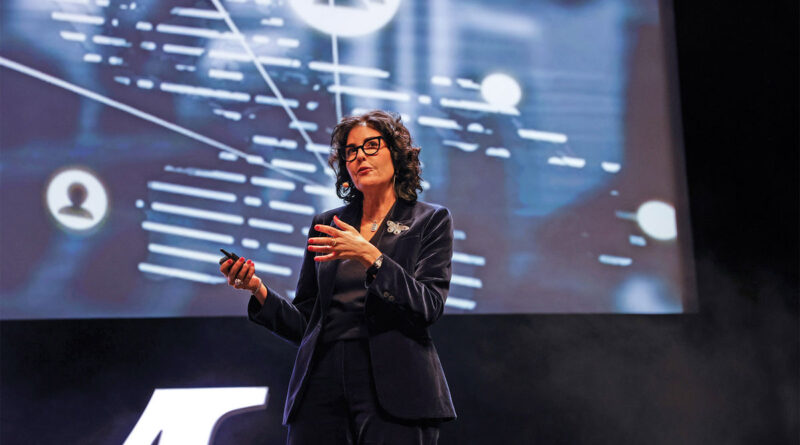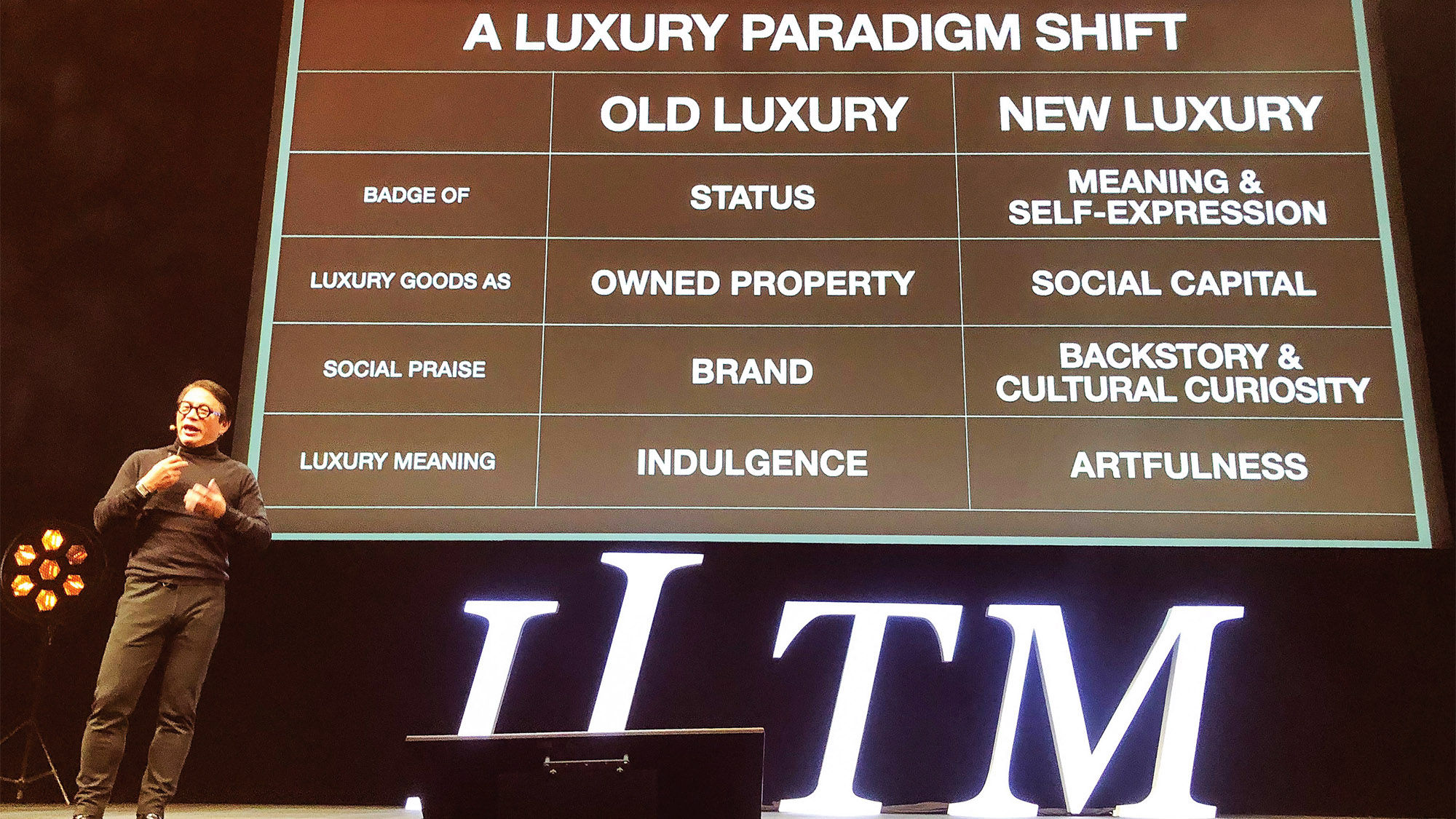A sobering message at luxury travel conference in Cannes
CANNES, France — Tina Fordham, geopolitical strategist and founder of consultancy Fordham Global Insight, declared three decades of relative global peace and prosperity over during the Opening Forum at luxury travel trade show ILTM Cannes, which kicked off Monday.
“We’re entering a period that is much more complex from an economic, financial, social and political perspective than we’ve ever experienced in our lifetimes,” said Fordham, citing impact from wars between Russia and Ukraine and Israel and Hamas, as well as the looming threat of escalating tensions between China and Taiwan.
And while Fordham acknowledged that the last 30 years have hardly been devoid of war, she contended that the current wave of instability has the potential to be more disruptive than other conflicts in recent memory.
“We need to be prepared for an extended period of geopolitical disruption,” warned Fordham. Despite this somber sentiment, Fordham reassured attendees that there remains reason for optimism within the luxury travel sector.
“If I was really worried, I would call the tipping point,” she explained, labeling this critical juncture an “inflection point” instead.
“Inflection point is meant to convey a sense of the multiple possibilities,” said Fordham. “The world is still an amazing place and people want to get out and see it. I wonder how many clients are making sure they take advantage of the opportunity to go see things before there are more conflicts and other factors that might curtail movement.”
Future opportunities were also a focus for Opening Forum speaker Aaron Lau, founder and CEO of technology and branding firm Gusto Collective.
According to Lau, the future of luxury travel will hinge largely on a seismic shift in consumer demographics. He cited recent data from a YouGov Global whitepaper indicating that younger consumers — specifically those age 18 to 34 — are more likely to view travel as something that’s become more important since the pandemic.
But with younger consumers less tied to traditional luxury ideas related solely to brand or ownership of physical goods, travel companies will need to adapt to what Lau described as “a luxury paradigm shift.”
“New luxury, defined by Gen Z consumers, is all about meaning and expression,” said Lau. “It’s about social capital, but it’s also about storytelling. They’re looking for experiences, and there’s no better way to get that experience than luxury travel.”
Experiential travel was similarly front and center for the evening’s final speaker, James Wallman, CEO of the World Experience Organization.
Wallman heralded the start of what he called the “experience revolution,” describing the current move away from materialism and toward experientialism as a “huge sociocultural inflection point.”
“The consumer revolution based on materialism transformed our standard of living over the last hundred years,” said Wallman. “And I think the experience revolution will transform quality of life. Just as our forefathers and foremothers, our ancestors, created this amazing idea with materialism and the consumer revolution that have made us so wealthy, it’s our opportunity — your opportunity — to create experientialism.”
The 22nd edition of ILTM Cannes, held this year from Dec. 4 to 7, is the largest ever in the event’s history, with more than 2,100 buyers and 2,100 exhibitors in attendance.
Source: Read Full Article




